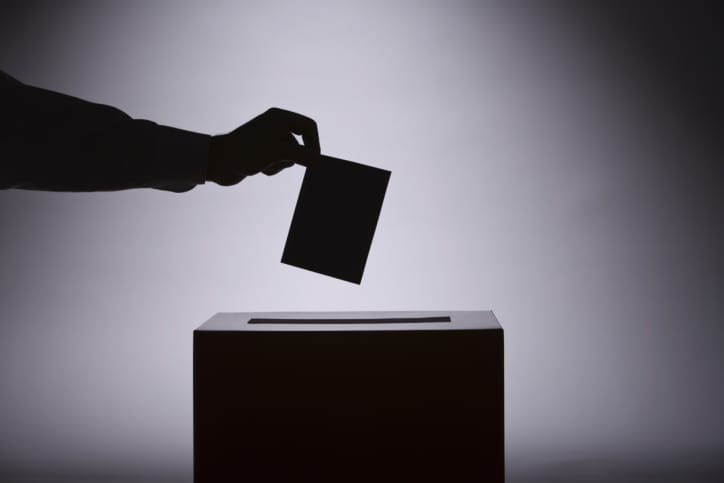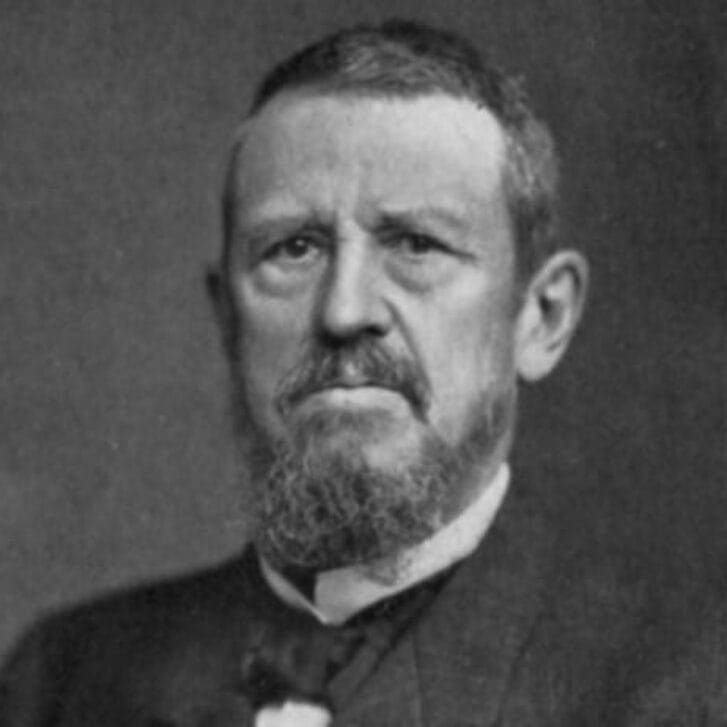One of the many unique opportunities afforded by Wharton’s JD/MBA program is the ability to complete a substantial amount of public-interest legal work in satisfaction of Penn Law’s pro-bono requirement. For example, I had the opportunity to train as a poll site observer for the general election that took place on November 6.
The training’s primary focus was a new and controversial law that requires Pennsylvanians to present photo ID in order to vote. Although the basic constitutionality of the law has survived challenge thus far, its enforcement was temporarily enjoined by a state court pending further review of the state’s implementation plan. A primary concern is that voters be able to easily obtain a photo ID in the event they do not already carry one. In particular, the law’s opponents fear that its impact will be disproportionately felt by lower-income and minority voters.
Is voter fraud a valid concern? In court, the law’s backers were unable to present evidence of a single confirmed incident of voter fraud in Pennsylvania. My relatively brief experience observing a poll site in West Philadelphia for 14 hours on Election Day seemed consistent with this finding. Throughout the day I paid careful attention to every aspect of how the poll site was being administered. What did I see? Elderly (and some young) voters being confused by the functioning of the machines or forgetting to press “vote” until I chased them back in the booth. Numerous voters having to vote on provisional ballots rather than the machines because their registrations were not processed on time, which left them wondering if their votes would actually be counted. Several other voters having to do the same because their registration had been purged due to inactivity, including one elderly voter who was confused by the rule and attempting to vote in what was possibly the last presidential election she would live to see.
What did I not see? Any behavior that even vaguely resembled or conjured up suspicions of voter fraud. It certainly left me wondering what the impact would be of layering on another possible level of complexity for many voters who may already feel intimidated by the registration and election-day processes and who are strapped for time and resources if working one or more jobs and raising a family.
Although the most recent election is over, the debate around the legality and eventual implementation of Pennsylvania’s voter ID law will continue. This pro-bono experience was an eye-opener and certainly influenced my opinion of the law. Furthermore, it reinforced that often a necessary complement to the academic or theoretical study of any kind of law is extensive empirical, real-word observation that must take place outside the classroom.
Editor’s note: This post first appeared on the Wharton MBA Program’s Student Diarist blog on Nov. 27, 2012.


























